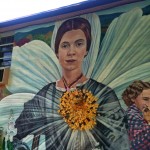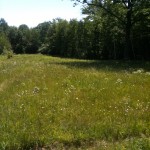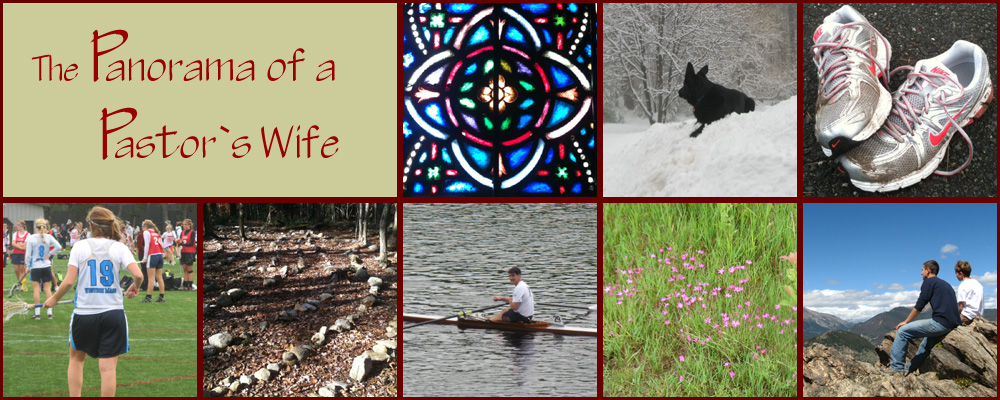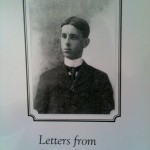It’s a Matter of Life and Death
If there’s such a thing as a “Gap Year” for teenagers after high school graduation, and people usually think it’s a swell idea, it seems reasonable to ask for something like a “Gap Bunch of Weeks for Just Moved Blogger.” Funny how that word, abracadabra, turns from a noun into an adjective.
It’s hard enough in regular times to give oneself license to turn away from pressing matters and sit down and write; when one is surrounded by packing boxes and cannot even find a daughter’s birth certificate so that she may provide proof of identity to start gainful summer employment, however, it’s almost downright irresponsible.
And yet, here I am, having some kind of faith that things like missing objects and documentation of all kinds will sort themselves out soon enough (even though –oh look! — in comes another email saying that younger son also needs birth certificate for his volunteer gig) so that I may at least pause to share some thoughts about life and death.
Certain things just can’t wait. 
I know full well that Emily Dickinson’s famous poem “Because I could not stop for Death, /He kindly stopped for me;” is about imagining the way her own end of life might go, with the carriage passing all the familiar places, heading towards the darkness. At the same time, attending a memorial service for a family member, as I did a week ago, is also a kind of stopping for death. Those of us still living take time to remember the one who has gone and, in so doing, reflect on a past held in common. Our coming together also may prompt a kind of fresh look at where we are now, and where we might be heading.
The main business of my life these days is unpacking, setting up a tent, starting a new chapter. It’s all about moving forward. In a way, it’s kind of a perfect time to draw some nectar from the flowers of former fields.
The service we went to was for my father’s first cousin, and their close relationship through the years (not to mention the various similarities between them) was passed along to their children, ten of us in all. The fact that we lived a few miles apart through the course of many summers meant that we developed a familiarity with one another that was unusual for second cousins, as well as a kind of shared history. For elders, we had not just our own parents but also a constellation of aunts and uncles and cousins once removed (not to mention family friends who went so far back they might as well have been aunts or uncles or cousins once removed) who turned up at regular events like family picnics, their identifying characteristics becoming more distinctive to us as the years rolled on.
 As these members of the older generation depart one by one, and our own children take their places in the ranks of the fully adult, we can’t help but reflect on which particular traits we are most eager to absorb, or perhaps just hold up in some way, as we soldier on. We also can’t help but consider how much – or how little – we resemble those who have gone before us. This is not egotistical so much as just natural, after all.
As these members of the older generation depart one by one, and our own children take their places in the ranks of the fully adult, we can’t help but reflect on which particular traits we are most eager to absorb, or perhaps just hold up in some way, as we soldier on. We also can’t help but consider how much – or how little – we resemble those who have gone before us. This is not egotistical so much as just natural, after all.
For me, there’s sometimes another element to these family gatherings: my husband may be tapped to be the presiding clergyman. This was the case recently, as he gracefully guided us through the paces of the service. While we were in a chapel on the grounds of a cemetery, he knew full well that most of us in the pews were not regular church-goers. In his comments he made mention of the fact that we were all connected through our bond to the beloved person we were remembering, if not through our common belief in God. This was, to me, a new link in a long chain of moments when he and I each have been able to “look over” to, even to some extent participate in, each other’s different (at least when it comes to religion) backgrounds.
And so it was that, as each speaker took us on a journey of memories and the past came alive again, I also was beholding my own husband: the person with whom I’m right now setting down roots in a new place, with a new – to us, anyway – back field to mow.
Throw in for good measure that, after the service, my older brother gave me a recently bound book of collected letters from our grandfather, written in 1902. This came as a delightful surprise, enabling me as it did to venture back to the past during these days when the present is demanding so much attention.
In the days following I found myself grabbing moments to read – with boxes as my close companions – about his travels in Europe as a young man. One long letter to his younger brother from York, England includes these reflections:
After viewing the Abbey and watching the sun struggle through the black clouds I walked out on the moorland. And there I saw my first exhibition of a shepherd and his sheep dog manipulating a flock of sheep.
The psychologists that claim animals below man have no reason are devoid of reason themselves. They simply are so absorbed in their theories that they do not know what they are talking about. Call it instinct, do they! ….That dog did not drive those sheep by force or by the means of special agility but simply by headwork, cautious brain work.
Here is my grandfather in his mid-twenties, taking time to describe not only his observations of a dog at work but also the opinions he has as result of these observations?! As I read on, it began to dawn on me that perhaps I had inherited some of this particular gene – call it “inclination to write about regular stuff you experience.” He died when I was only six, but suddenly I felt strengthened by his presence with me, right there in my new house.
And now it’s time to get back to those boxes. Maybe those birth certificates will show up yet.



I love the connection you made with your grandfather through his writing, Polly. Good luck with all the boxes and settling in. Miss you!
My girls are actually close to their paternal second cousins because they live in NH. Makes every family gathering big, loud and fun. Again, welcome to the neighborhood!
What a beautiful piece of writing. Thank you for sharing. God bless you as you move through those boxes!